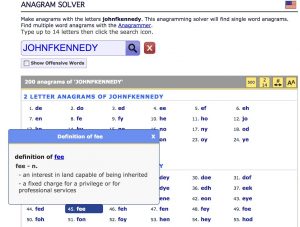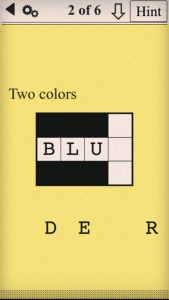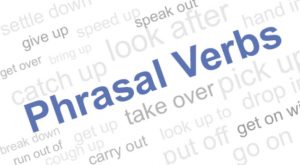 The ESL Blues website has a set of “progress tests“. When you take a progress test, it will ask you questions about different grammar points, or vocabulary. For each question you get incorrect, it will show you the grammar point you got wrong – and a practice exercise to help you understand.
The ESL Blues website has a set of “progress tests“. When you take a progress test, it will ask you questions about different grammar points, or vocabulary. For each question you get incorrect, it will show you the grammar point you got wrong – and a practice exercise to help you understand.
For example, one of the progress test questions is:
This is your book, not ____. That is my book over there.
a) my
b) of my
c) mine
d) to me
If your answer is not correct, you will see this:
My, mine, her, hers, etc. (It links to a practice exercise about “mine”, which was the correct answer)
The website also has a set of tests for beginners, and short lessons to help explain common English mistakes, such as Do vs. Make and Say vs. Tell.








